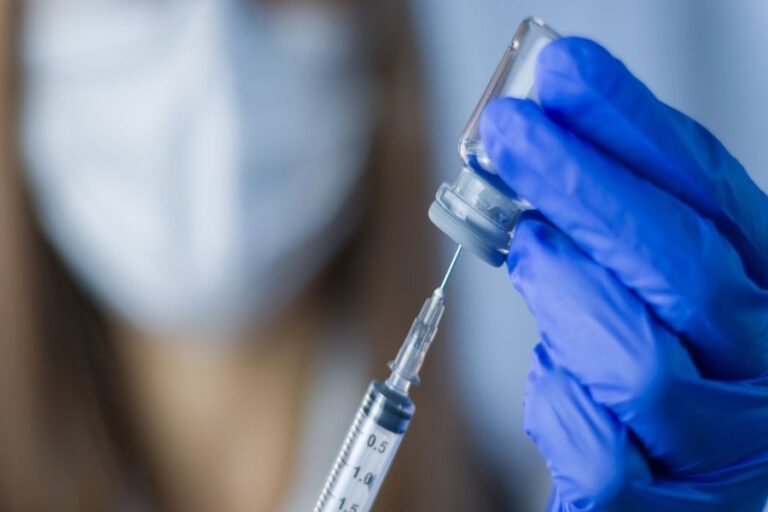The UK is calling on volunteers to participate in a pioneering vaccine trial aimed at combating norovirus, commonly known as the winter vomiting bug. The highly contagious virus is responsible for thousands of hospitalizations each year, and health officials hope the new vaccine can be a game changer in reducing the virus’s impact.
Every winter, norovirus leads to a surge in cases of vomiting and diarrhea, causing around 12,000 hospital admissions and approximately 80 deaths annually in the UK. The virus spreads easily through contaminated surfaces or direct contact with infected individuals. As the NHS prepares for the winter season, scientists are trialing a new mRNA vaccine developed by Moderna, hoping to curb norovirus infections.
Dr. Patrick Moore, the chief investigator for the study, expressed optimism: “We’ve seen promising initial results, with the jab showing a strong immune response. Our goal is to find a solution where currently, there is no approved vaccine anywhere in the world.”
The vaccine trial will be conducted across 27 NHS hospitals and centers throughout England, Scotland, and Wales. Organizers aim to recruit 2,500 participants in the UK by the end of December. A total of 25,000 people will participate globally, including volunteers from the US, Canada, and Japan.
Participants will be randomly assigned to receive either the actual vaccine or a placebo. Over the course of 25 months, researchers will closely monitor the results, hoping to demonstrate a 65% or higher efficacy rate.
While people of all ages can sign up for the trial, health experts are particularly encouraging older adults to volunteer. “Older adults and those with weakened immune systems are at higher risk of severe complications from norovirus. By focusing on this demographic, we hope to protect those who need it most,” Dr. Moore added.
The trial is part of a strategic partnership between the UK government and Moderna, reflecting a decade-long commitment to advancing mRNA research. Health Secretary Wes Streeting emphasized the importance of such initiatives: “Norovirus puts a huge strain on the NHS every winter, costing taxpayers around £100 million annually. A successful vaccine could shift our health system’s focus from treating illness to preventing it, alleviating pressure on the NHS.”
According to NHS data, norovirus accounts for one in five cases of gastroenteritis. The virus can easily cause widespread outbreaks, particularly in places like care homes, schools, nurseries, and hospitals. The 2023 spike in cases, with weekly figures tripling the usual average, highlighted the need for better preventive measures.
In addition to easing the burden on the healthcare system, reducing norovirus cases can also save costs for taxpayers. “It’s not just about patient health but the overall resilience of our healthcare infrastructure,” said Streeting.
If successful, the new vaccine could become a game-changer, giving healthcare providers a new tool to combat the virus and protect vulnerable populations. The vaccine targets three major strains responsible for over two-thirds of the cases recorded in the last year. With the possibility of future rollouts, Moderna’s work on mRNA vaccines in the UK could pave the way for more innovation in the field of infectious disease prevention.
Those interested in volunteering for the trial can reach out to their local NHS centers or visit the study’s official website for more information on eligibility and participation.
The search for a norovirus vaccine marks a significant step forward in disease prevention. The hope is that this initiative will lead to a safer winter season for millions, easing the burden on healthcare systems globally and providing effective solutions for battling highly infectious diseases.
As the world continues to navigate challenges in public health, such collaborations highlight the importance of proactive measures. With the right support, the norovirus vaccine could be the next big leap in preventive healthcare.

